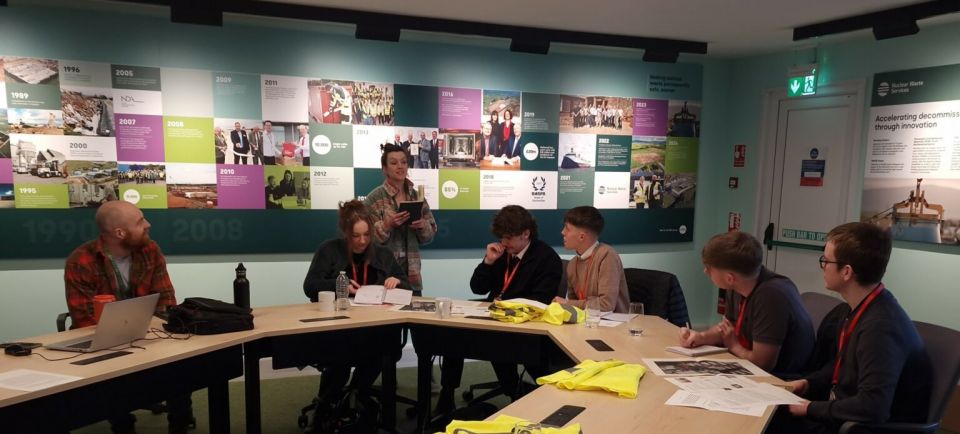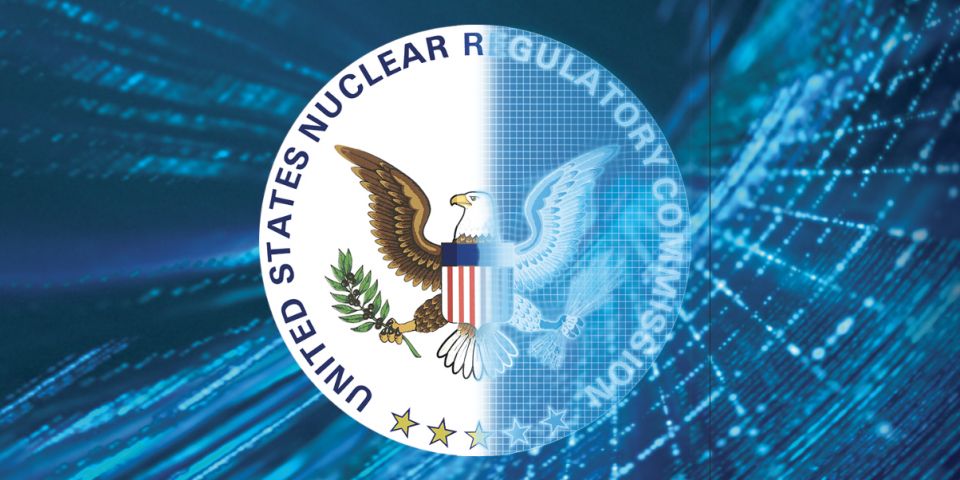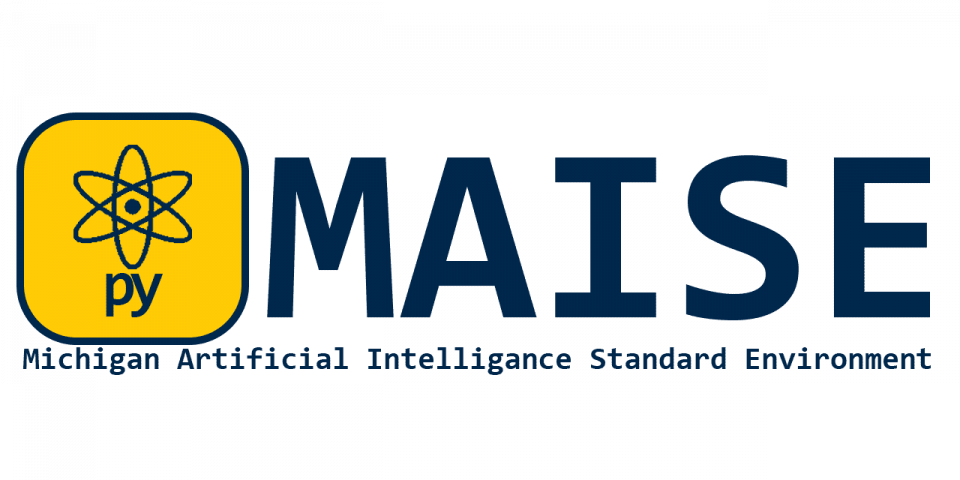Regulators expand cooperation on reviews of advanced reactors and SMRs
The U.S. Nuclear Regulatory Commission, the Canadian Nuclear Safety Commission, and the U.K. Office for Nuclear Regulation have signed a memorandum of cooperation to collaborate on technical reviews of advanced reactor and small modular reactor technologies.







